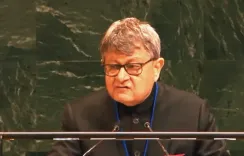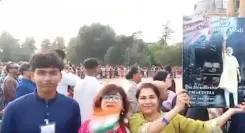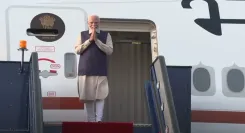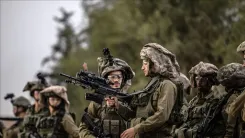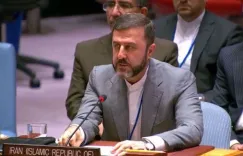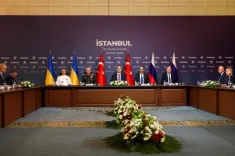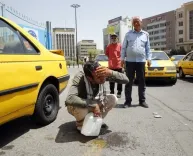What Will Telangana CM A. Revanth Reddy Discuss About the Caste Census with Rahul and Kharge?
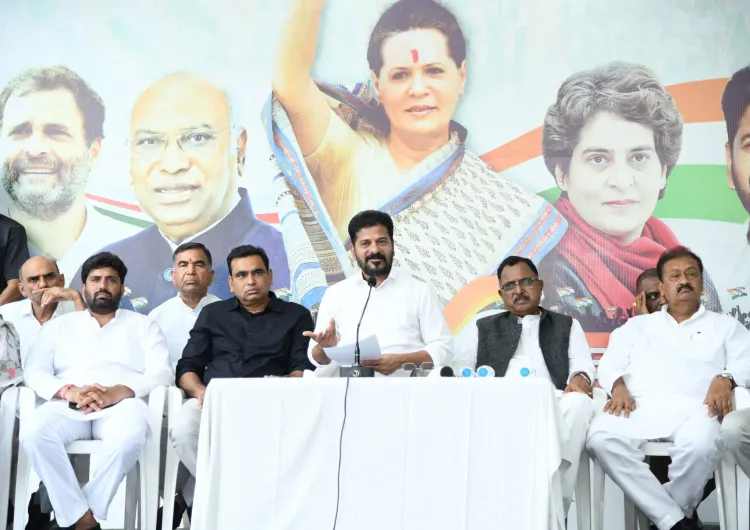
Synopsis
Key Takeaways
- The caste survey in Telangana aims to enhance social justice.
- Key leaders are discussing the implications of the survey.
- Data will influence reservation policies for Backward Classes.
- Telangana is viewed as a model for conducting caste surveys.
- Findings could reshape future legislative actions.
Hyderabad, July 23 (NationPress) The Chief Minister of Telangana, A. Revanth Reddy, is set to engage in a crucial meeting with the Leader of Opposition in the Lok Sabha, Rahul Gandhi, and the Leader of Opposition in the Rajya Sabha as well as AICC President, Mallikarjun Kharge, on Thursday morning in Delhi. The focus will be on elucidating the intricacies and implementation strategies of the caste survey being conducted in Telangana.
During this meeting, the Chief Minister intends to outline the methodology adopted by the state government for gathering data in the Socio-Economic, Education, Employment, Political and Caste (SEEEPC) survey.
Revanth Reddy, who arrived in the national capital on Wednesday, informed the media that the purpose of this meeting is to garner support in urging the Centre to recognize two legislations passed by the state assembly aimed at increasing reservations for Backward Classes (BCs) to 42 percent within the 9th Schedule of the Constitution.
He emphasized that the Bills were enacted based on data collected during the survey, which aims to augment the BC quota in education, employment, and local governance.
Leading a delegation comprising state ministers and prominent Congress leaders, the Chief Minister will present findings on the caste census and BC reservations to all Congress MPs on Thursday evening.
The Congress leader expressed their intention to advocate for the inclusion of the BC reservation laws in the 9th Schedule during the ongoing Parliament session.
Revanth Reddy also mentioned that the SEEPC Survey process commenced on February 4, 2024, and concluded on February 4, 2025. The state Assembly approved the survey report on February 4, 2025.
The survey gathered socio-economic, educational, employment, political, and caste information from 3.55 crore individuals. The findings indicate that BCs constitute 56.4 percent, Scheduled Castes (SCs) account for 17.45 percent, Scheduled Tribes (STs) are 10.08 percent, while upper castes represent 10.09 percent. Additionally, 3.09 percent of participants identified as not belonging to any caste.
The Chief Minister noted that an Independent Expert Working Group (IEWG) was formed to analyze the SEEEPC survey, and the group's comprehensive report will be discussed in the Cabinet and subsequently presented in the state Assembly.
He asserted that the survey's findings will enable the government to devise policies and refine existing ones to enhance social justice, empowerment, and upliftment.
Revanth Reddy contended that Telangana has set a benchmark for the nation in executing a caste survey.
The Chief Minister remarked that the BJP government, which had previously stated in an affidavit to the Supreme Court that it would not conduct a caste survey, reversed its stance after Telangana's initiative and has now issued a gazette notification to conduct a caste census alongside the population census.
He urged the Centre to adopt Telangana’s framework for nationwide caste data collection.
Recalling that Rahul Gandhi had promised during his Bharat Jodo Yatra from Kanyakumari to Kashmir that Congress would conduct a caste survey if elected, Revanth noted that the Congress fulfilled this commitment after assuming power in Telangana.
The Chief Minister anticipated that the issue of OBC reservation would be pivotal in the 2029 Lok Sabha elections.
He highlighted the BJP government's previous resistance to retracting farm laws, which ultimately led to their repeal, and similarly, on the matter of the caste survey, he expects the BJP to follow Telangana's lead.

